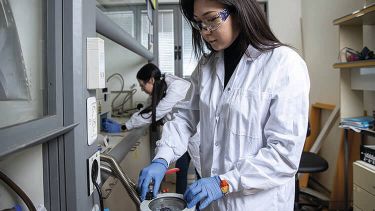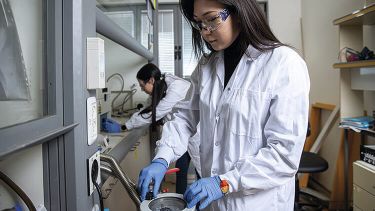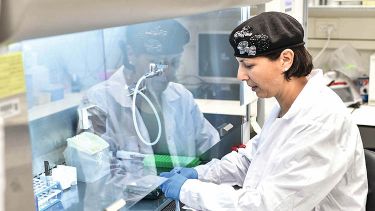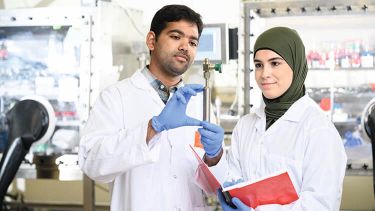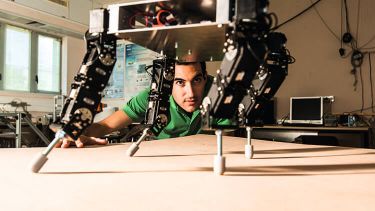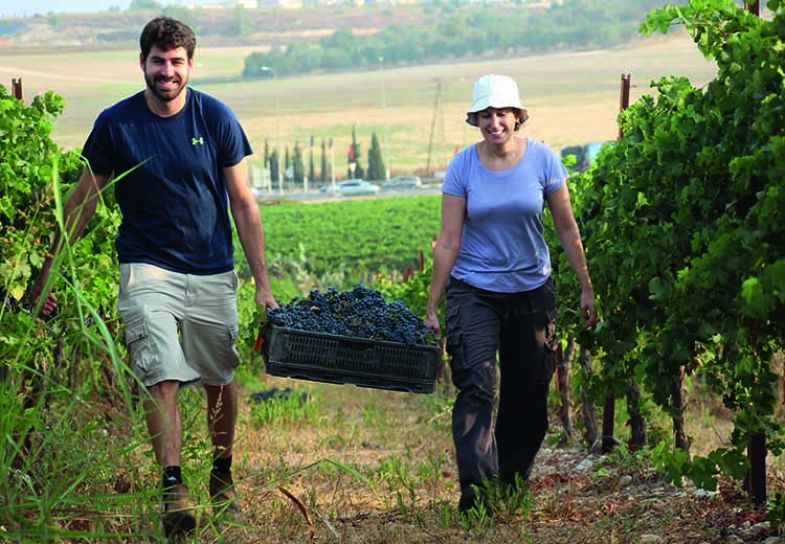
How can we fight malnutrition and other food and agriculture issues without damaging the planet? Researchers at the Hebrew University of Jerusalem (HUJI) might have the answer
Eliminating global hunger while preserving natural resources is one of the world’s biggest challenges. The Earth’s population is expected to increase to around 10 billion by 2050, and to meet the growing demand for food, the agricultural sector will have to increase supply by around 70 percent — despite farming land shrinking and water resources declining.
Innovators at the Hebrew University’s Robert H Smith Faculty of Agriculture, Food and Environment — a leading faculty of sustainable agriculture, food sciences and environmental conservation — are working to find a solution.
Using genetic resources, Prof Zvi Peleg’s group at The Robert H. Smith Institute of Plant Sciences and Genetics in Agriculture seeks to discover novel genes and traits that will facilitate breeding programs for climate-resilient crops.
Additionally, the Insect Genetics Group is looking to sustainably tackle harmful insects — an area of research directed by the study of biology, the natural environment and the issues arising from the application of new technologies. “The Hebrew University’s Department of Entomology is the only department of its kind in Israel,” says Dr Philippos Papathanos, head of the group. “It’s the perfect place to carry out my research.”
Elsewhere, the FaculTech Student Innovation Club exposes students to the world of agritech and foodtech entrepreneurship. Last year, the club introduced the AgFood Venture Creation Studio — Israel’s first pre-accelerator program to foster student-led food and agriculture start-ups. One team matured into the award-winning Kinoko start-up, producing innovative food based on mushrooms and lentils.
The Hebrew University was founded by Albert Einstein and has since been home to eight Nobel Prize winners, one Fields Medal winner and one Abel Prize winner

